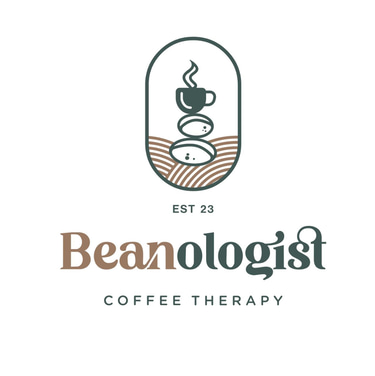The Science Behind Why Coffee Tastes So Good
Coffee is a complex beverage, with over 1,000 chemical compounds contributing to its flavor and aroma.
2/9/20252 min read


There’s something magical about that first sip of coffee in the morning. The rich aroma, the bold flavor, and the comforting warmth all come together to create an experience that feels almost universal. But have you ever wondered why coffee tastes so good? The answer lies in the fascinating science behind coffee—its chemistry, its journey from bean to cup, and the way our senses interact with it. Let’s dive into the world of coffee and uncover the secrets that make it one of the most beloved beverages on the planet.
The Chemistry of Coffee Flavor
Coffee is a complex beverage, with over 1,000 chemical compounds contributing to its flavor and aroma. These compounds are created during the roasting process, where heat transforms raw coffee beans into the fragrant, flavorful beans we know and love.
Acids: Acids like citric, malic, and chlorogenic acid give coffee its brightness and tanginess.
Sugars: Caramelization of sugars during roasting creates sweet, nutty, and chocolaty notes.
Oils: Coffee oils carry aromatic compounds, enhancing the richness and depth of flavor.
Maillard Reaction: This chemical reaction between amino acids and sugars creates the toasty, roasted flavors we associate with coffee.
The balance of these compounds determines whether your coffee tastes fruity, floral, nutty, or chocolaty. It’s a delicate dance of chemistry that makes every cup unique.
The Role of Aroma in Taste
Did you know that up to 80% of what we perceive as taste actually comes from our sense of smell? Coffee’s aroma is a critical part of its appeal. When you inhale the scent of freshly brewed coffee, volatile compounds travel to your olfactory receptors, triggering a cascade of sensory signals in your brain.
This is why the smell of coffee can be so intoxicating—it primes your brain for the flavors to come. From the earthy notes of a dark roast to the floral hints of a light roast, aroma plays a starring role in your coffee experience.
The Impact of Brewing Methods
The way you brew your coffee also influences its taste. Different brewing methods extract different compounds from the coffee grounds, resulting in unique flavor profiles:
Espresso: High pressure extracts intense, concentrated flavors with a creamy texture.
Pour-Over: Slow extraction highlights delicate, nuanced flavors.
French Press: Immersion brewing brings out bold, full-bodied notes.
Cold Brew: Steeping coffee in cold water produces a smooth, low-acid brew.
Each method unlocks a different side of coffee’s flavor potential, making it a versatile drink for every palate.
The Human Factor: Why We Love Coffee
Beyond chemistry and brewing, there’s a psychological element to why coffee tastes so good. For many of us, coffee is tied to positive memories and rituals—whether it’s the first cup of the day, a catch-up with friends, or a quiet moment of reflection. These associations enhance our enjoyment of coffee, making it more than just a beverage—it’s an experience.
Unlock the Secrets of Coffee with Beanologist
At Beanologist, we’re passionate about uncovering the science and art behind coffee. Whether you’re a casual drinker or a coffee connoisseur, there’s always more to learn and explore.
Got a burning question about coffee? Want to share your favorite brewing method or discover new ways to enjoy your daily cup? We’d love to hear from you! Inbox us at Beanologist, and let’s geek out over coffee together. Your next perfect brew is just a message away.

